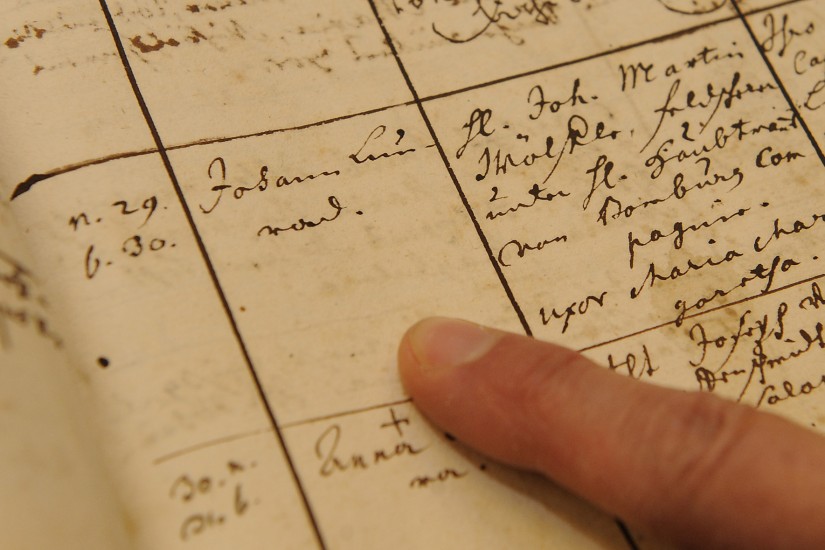At a time when researching family history is booming, the nation’s immigration and citizenship agency has proposed dramatically hiking fees to access records from the first half of the 20th century. The move has outraged professional and amateur genealogists, who argue that the increase would effectively put valuable immigration information out of reach for many.
The fees would nearly triple, and in many cases, they would rise nearly 500 percent, from $130 to $625 to obtain a single paper file. The little-known Genealogy Program administered by U.S. Citizenship and Immigration Services allows genealogists, family historians and other researchers to obtain citizenship and alien registration files, visa applications and other records documenting the lives of deceased immigrants who arrived in the United States between the late 19th and mid-20th centuries.
The waves of western and southern Europeans who came through Ellis Island at the turn of the century are included in the records, as are Jews who sought refuge from Nazi Germany before World War II and Mexican guest farmworkers who helped stem the labor shortage during the conflict. They were followed by Holocaust survivors and those fleeing communist rule in Central Europe and the Soviet Union.
The files sometimes include hundreds of pages, documenting long waits at Ellis Island or, in the case of Japanese, Italians and Germans who lived in the United States during World War II, FBI reports about the immigrant’s friends, family and political activities.
The fee increase “has to be very important to anyone who does hobbyist genealogy. It would make it impossible for most average people to access” the files, said Rich Venezia, a Pittsburgh-based professional genealogist who teaches courses on how to obtain the USCIS records.
Venezia is spearheading a public campaign to persuade the agency, now under the leadership of acting deputy homeland security secretary Ken Cuccinelli, to withdraw the fee hikes before the window for public comment closes on Dec. 16.
U.S. Citizenship and Immigration Services officials declined to explain exactly how they arrived at the new fee amounts. But the agency has said it must increase fees across the board — including substantial hikes for green card and citizenship applications — to avoid a $1.26 billion annual budget shortfall. By law, USCIS must fund itself through fees.
“USCIS is required to examine incoming and outgoing expenditures, just like a business, and make adjustments based on that analysis,” the agency said in a statement. A date has not been set for the new fees to go into effect.
The increases come at a time when millions of Americans are discovering a passion for family genealogy, spurring the growth of websites and services that cater to them. Ancestry.com, one of the most popular, now has more than 3 million paying subscribers perusing its databases of documents and DNA connections.
